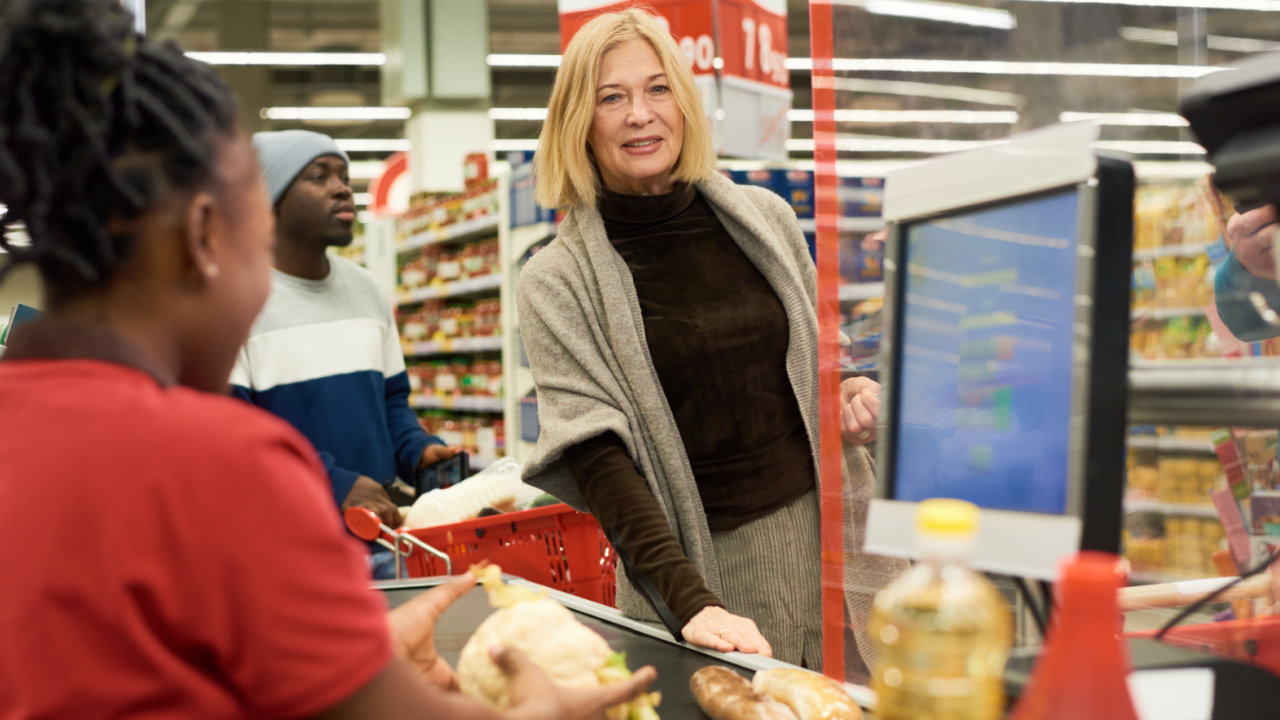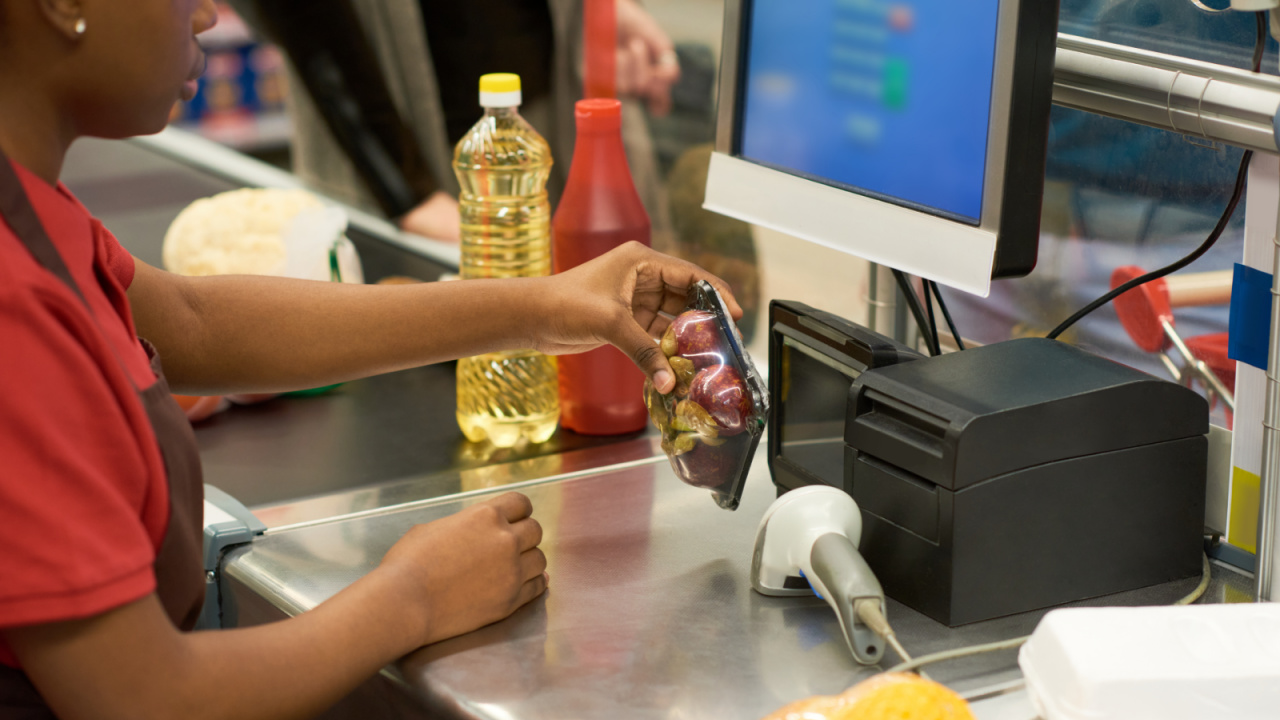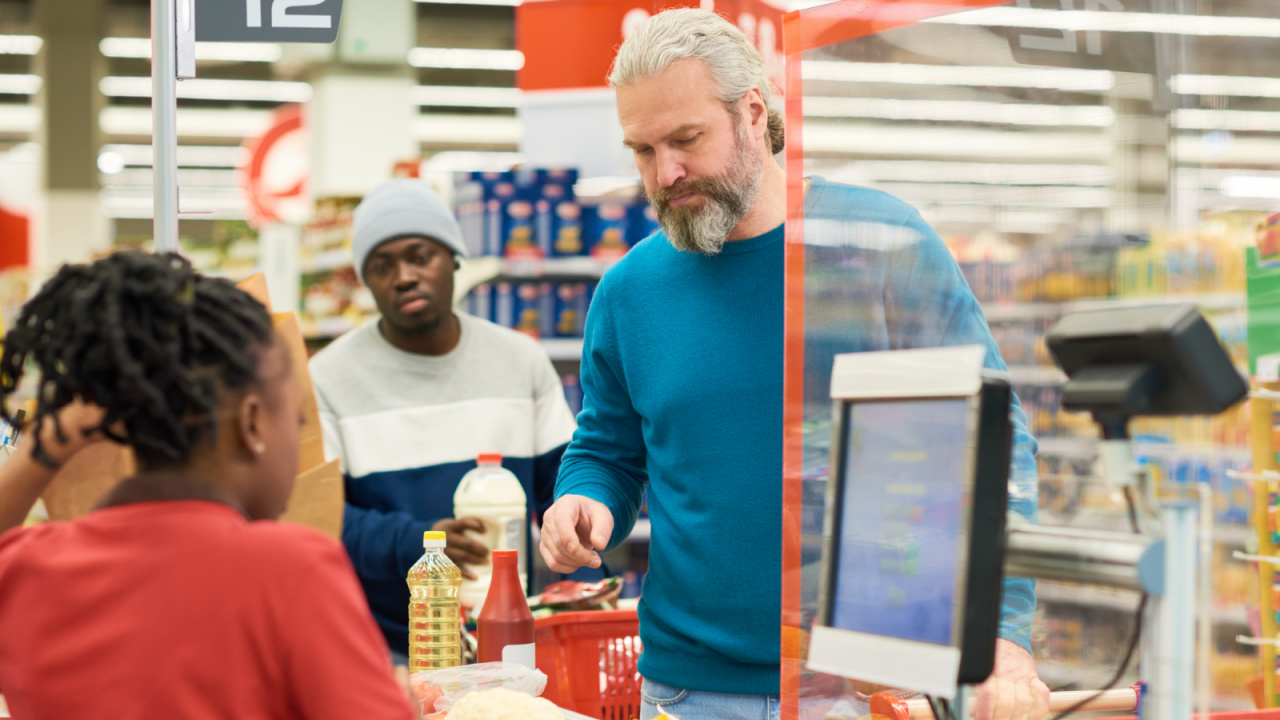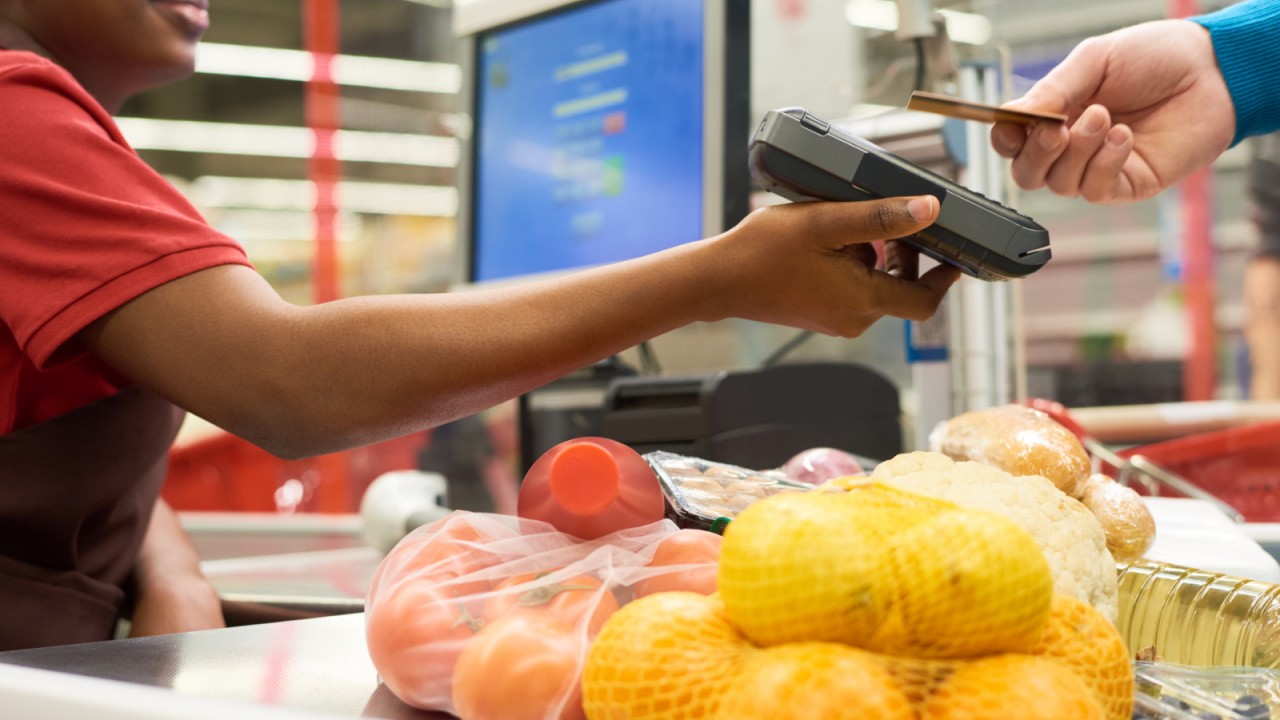What Does PCM Mean in Rent? The Complete UK Tenant's Guide When hunting for rental…
Emergency Stockpiling Essentials: What Foods to Keep in Your Cupboard
When unexpected events strike, being prepared makes all the difference. While many focus on essentials like candles, batteries, and lighters, they often overlook one vital component – food with a long shelf life.
It’s been demonstrated that an adult can manage 8 to 12 days without food, but only up to two days without a good water source. Prolonged starvation is dangerous. To ensure survival during a crisis, a well-thought-out emergency food stockpile becomes essential.

What Exactly is a Stockpile?
A stockpile isn’t just a collection of items. It’s a planned accumulation of food, water, and other necessities, ready to serve in emergencies like disease outbreaks or natural calamities.
These emergencies can strip away our daily comforts, such as electricity, clean water, and communication. While many experts previously suggested a week’s supply of essentials, recent events like the COVID-19 pandemic show the importance of planning for more extended periods.
Why Stockpiling Food is a Smart Move?
Emergencies tend to result in a rush on grocery stores, leading to fast depletion of food and water supplies. Having a food stockpile not only ensures survival but also provides a psychological boost.
Safety First: An emergency can disrupt businesses leading to income losses and potential layoffs. A food stockpile acts as a safety buffer during such times, ensuring that your loved ones have enough to eat.
Sense of Security: Think of the comfort when, even amidst a crisis, your pantry is stocked with items like:
- Whole grain pasta
- Canned foods such as canned beans and canned meats
- Shelf-stable juices
- Cooking oil
- Bottled water and more
Peace of Mind: In times of uncertainty, knowing you’re prepared helps avoid panic. Panic can cloud judgement, making situations worse. A stockpile allows a calmer approach to challenges. So, it’s not just about having best food options, but ensuring that decisions during trying times are made with a clear head.

Power-Packed Nuts, Seeds, and Dried Fruits
In crisis times, the body demands energy and protein to stay resilient. Nuts, seeds, and dried fruits step in to provide just that. They aren’t only energy-packed but come packed with good fats and dietary fibre.
Some top nuts to consider:
- Almonds
- Walnuts
- Pecans
- Cashews
For seeds, think about stocking:
- Sunflower seeds
- Flaxseeds
- Chia seeds
As for dried fruits, items like raisins become your go-to for a potassium boost.
The Longevity of Whole-Grain Pasta
While some may frown upon pasta, whole grain pasta stands out for its long shelf life. Kept dry and air-tight, it can be a meal resource for up to two years.
Beyond its longevity, it’s a primary source of glucose, making it essential for brain and muscle function. Those with dietary restrictions can also find solace in gluten-free variants.

The Reliability of Canned Foods
Canned foods are life-savers, especially if you’re strategic about which ones to stockpile. Vegetables like green beans and spinach can be a vitamin reservoir.
For protein, think of canned meats like salmon, tuna, and chicken. Their shelf life? A comforting two years, at least. Don’t forget about canned fruits either, as they bring the much-needed fibre to your meal prep.
Other Stockpile Staples
Your survival pantry should also make space for:
- Tea and coffee for warmth and alertness.
- Essential cooking ingredients like flour, yeast, baking powder, and cooking oil.
- Rice for a filling base to many dishes.
- Sweeteners and preservatives like honey.
- Nutrient-rich items like granola bars.
No-Power Necessary Meals
Sometimes, emergencies may leave you without power. For such scenarios, here’s food that needs no cooking:
- Overnight oats jazzed up with honey and toppings.
- Simple peanut butter sandwiches.
- Tuna or salmon mixes combined with avocado.
- Granola or muesli bowls with yoghurt.
A tip to remember: In power outages, keep your fridge and freezer shut as much as possible. Packed ice containers in the freezer can further keep things cool for a longer period.
Final Thoughts
To stay full and nourished, dishes rich in fibre, carbs, and protein should dominate your menu. Think of eggs, canned fruits, and vegetables. And, always remember to keep an eye on expiration dates and replenish your stockpile as you use items up.
Whether it’s for emergencies or an impromptu camping trip, being prepared makes all the difference.

Frequently Asked Questions
In this section we answer your questions on stockpiling and food storage.
What foods should I prioritise when prepping for emergencies?
Focus on non-perishable items like canned goods (vegetables, meats, and fruits), whole grain pasta, rice, beans, nuts, seeds, dried fruits, powdered milk, and long-life juices. They have long shelf lives and provide essential nutrients.
How can I ensure I get enough protein from my emergency food stockpile?
Stock up on canned meats, beans, lentils, nuts, seeds, and protein bars. These items have a decent shelf life and are rich in protein.
Are frozen foods good for emergency stockpiling?
While frozen foods can be nutritious and have extended shelf lives, they require consistent power to remain frozen. In power outage scenarios, they might spoil quickly. Thus, they’re not the most reliable for long-term emergency preparedness.
What are the best carbohydrates to stockpile for energy during emergencies?
Whole grain pasta, rice, oats, and quinoa are excellent sources of carbohydrates. They are easy to store, have long shelf lives, and provide sustained energy.
How do I consider special dietary needs or allergies when stockpiling?
Always take into account the specific dietary requirements of your household. For gluten-free needs, stock up on rice, quinoa, and gluten-free pasta. For vegan or vegetarian households, prioritise beans, lentils, and plant-based protein sources.
What should I consider for children’s nutrition in my emergency food stockpile?
Ensure you have items that are kid-friendly and nutritious, such as canned fruits, peanut butter, crackers, powdered milk, and cereals.
How do I ensure variety in my emergency meals?
Diversify your stockpile by including different types of grains, proteins, fruits, and vegetables. Spices, herbs, and sauces can also help in creating diverse meals.
How long should my emergency food stockpile last?
It’s recommended to have at least a two-week supply of food for emergencies. However, for longer-term preparedness, aim for a supply that can last several months.
Should I also store cooking essentials?
Absolutely. Stock up on essentials like cooking oil, salt, sugar, spices, baking powder, and yeast. They can greatly enhance meal preparation and taste.
Can I include comfort foods in my emergency stockpile?
Yes, including comfort foods like chocolates, candies, or your favourite snacks can boost morale during stressful times. Just ensure they don’t make up the majority of your stockpile.






